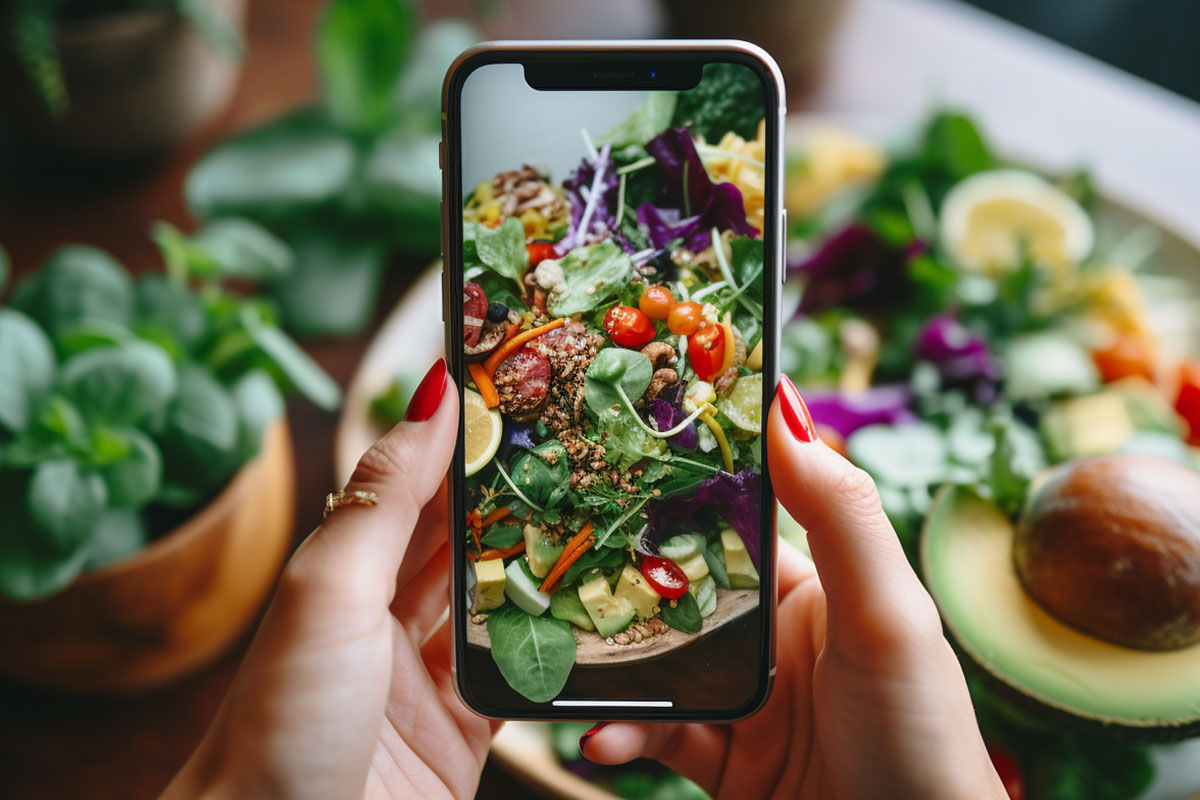
Following the new year, online platforms are flooded with diet and weight loss advice, with many trends gaining popularity.
However, the rise of these wellness plans is only sometimes accompanied by credible evidence and safety considerations, leading to potential risks for those seeking quick fixes [1].
Dr Amy Lee, an internal medicine specialist and head of nutrition for Nucific, warns against relying on TikTok for dietary guidance.
She emphasizes the danger of trusting information from non-experts needing more medical backgrounds. Here are four diet trends she strongly discourages:
Cleanses
Dr Lee strongly advocates against cleanses marketed for rapid weight loss. While users may observe a temporary weight drop, water weight often quickly rebounds [2].
She emphasizes the negative impact on one’s relationship with food and the yo-yo diet effect, urging individuals to adopt sustainable, long-term approaches.
“What I eat in a day” videos
While videos showcasing daily meals can offer a healthy eating template, some influencers promote disordered eating habits or present indulgent foods they don’t regularly consume [3].
Dr Lee notes the potential harm, highlighting instances where users eat under 1,000 calories a day, fostering unrealistic body image expectations.
Extreme calorie-restricting diets
Dr Lee flagged diets proposing extreme calorie restriction as both dubious and dangerous [4]. Rather than endorsing drastic measures, she encourages individuals to consult with healthcare professionals and focus on sustainable strategies.
Repairing gut health with probiotics is suggested as a more effective way to curb cravings and support weight loss.
#WaterTok
The #WaterTok trend, boasting over one billion views, encourages users to enhance plain water with flavorings [5].
Dr Lee deems this trend risky due to the brief nature of the information provided and the potential substitution of sugary sodas with water flavored using sugar-filled packets. She warns against overhydration and suggests natural flavoring through fresh fruit or herbs.
Dr Lee advises against seeking drastic diet advice on TikTok, suggesting it may indicate an unhealthy relationship with food.
She encourages individuals to question their motivations for lifestyle changes and seek credible information from registered dietitians, certified nutritionists or therapists to address personal attitudes towards eating and drinking.
Ultimately, the emphasis is on fostering a healthier, more informed approach to nutrition.
[1] https://bestlifeonline.com/diet-trends-to-avoid-doctor-says/
[2] https://www.healthline.com/nutrition/weight-loss-cleanse
[3] https://www.researchgate.net/publication/353224818_The_Effects_of_Social_Media_on_Body_Image_Constructs_Among_Active_Women
[4] https://www.nia.nih.gov/news/calorie-restriction-and-fasting-diets-what-do-we-know
[5] https://www.tiktok.com/search?q=%23watertok&t=1706038772688
